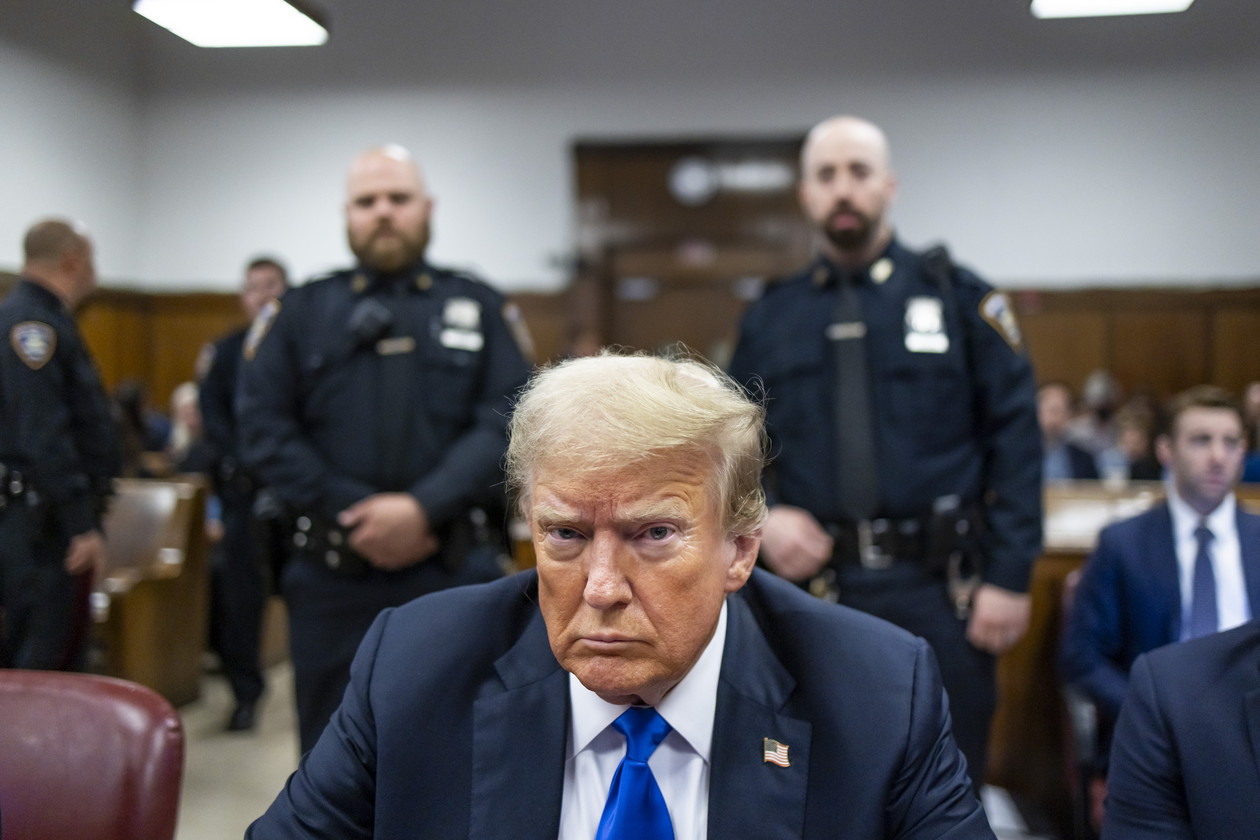AXIOS
With 60 days left in the race, and at the very moment she’s presenting a different ideology than four years ago, Vice President Kamala Harris isn’t getting subjected to the media scrutiny typical for a presidential nominee.
Why it matters: Harris is copying President Biden’s self-protection media strategy — duck tough interviews and limit improvisational moments.
Her circumstances are different, for sure. She entered the race just seven weeks ago, did dozens of interviews this year before Biden’s exit, and plans to do more interviews and gaggles.
- But with her debate with former President Trump coming up Tuesday (9pm ET), Harris has big questions to answer in two areas that go to the heart of running America:
- Why did President Biden’s top advisers routinely leak word they found her performance as vice president disappointing or episodically problematic?
- How did her views change in five years, from liberal to centrist on health care, immigration and energy? Why should voters believe her new views are the ones she’d stick with inside the White House?
The backstory: Biden advisers often were frustrated with Harris’ performance as vice president. Their concerns fall into three buckets:
- They found her public performances uneven and often not reassuring. This improved over time. But even recently, several on Biden’s team worried she’d struggle under the glare of national pressure.
- They found her risk-averse to the point of paralysis. The issue she embraced most — abortion rights — is one with the least risk, as polls show Democrats with a huge advantage on the issue.
- They worried about the high turnover rate among her staff. Of the 47 Harris staffers publicly disclosed to the Senate in 2021, only five still worked for her as of this spring. (This tally is incomplete because roughly half the staff isn’t listed on the Senate disclosures.)
Nine areas in which she’s shifted views or her current position is unknown:
- Banning plastic straws for environmental concerns. (She’s no longer for it, as Axios reported Thursday.)
- A mandate for automakers to only make electric and hydrogen vehicles by 2035. (The Harris campaign won’t say whether she’s still for it.)
- Banning fracking because of concerns over global warming and potential water contamination. (No longer favors a ban.)
- A mandatory buyback program for assault weapons as part of her gun safety agenda. (She’s dropped this idea.)
- Decriminalizing crossing the border from a criminal offense to a civil one. (No longer supports.)
- Reparations for slavery, which many progressives argued for during the 2020 primary. (Position unclear.)
- Building a wall on the Southwest border, a defining Trump promise that many Democrats have fought. (Accepted it as part of the bipartisan border package that Republicans killed.)
- A federal jobs guarantee that was part of her Green New Deal proposal. (No longer for it.)
What they’re saying: Harris and her campaign haven’t provided many details explaining her policy shifts.
- A Harris campaign aide explained to Axios that she’s no longer pushing Medicare for All because of what she learned during her four years of experience in the White House, and seeing how the Biden administration has expanded coverage through the Affordable Care Act.
- Harris doesn’t think the disruptive process of replacing the private health care system is necessary to reach her vision of making health care a right not a privilege, the aide said.
Reality check: One of the features of her melded staff (Harris loyalists and Obama alumni, grafted onto existing Biden staffers) is that even some of her own staffers aren’t sure where she stands on a range of issues.
The other side: Over the past seven weeks, Trump has largely stuck to friendly interviewers in the right-wing bubble. This frustrates some Harris allies, who say Trump isn’t getting true scrutiny.



Connect with us on our socials: